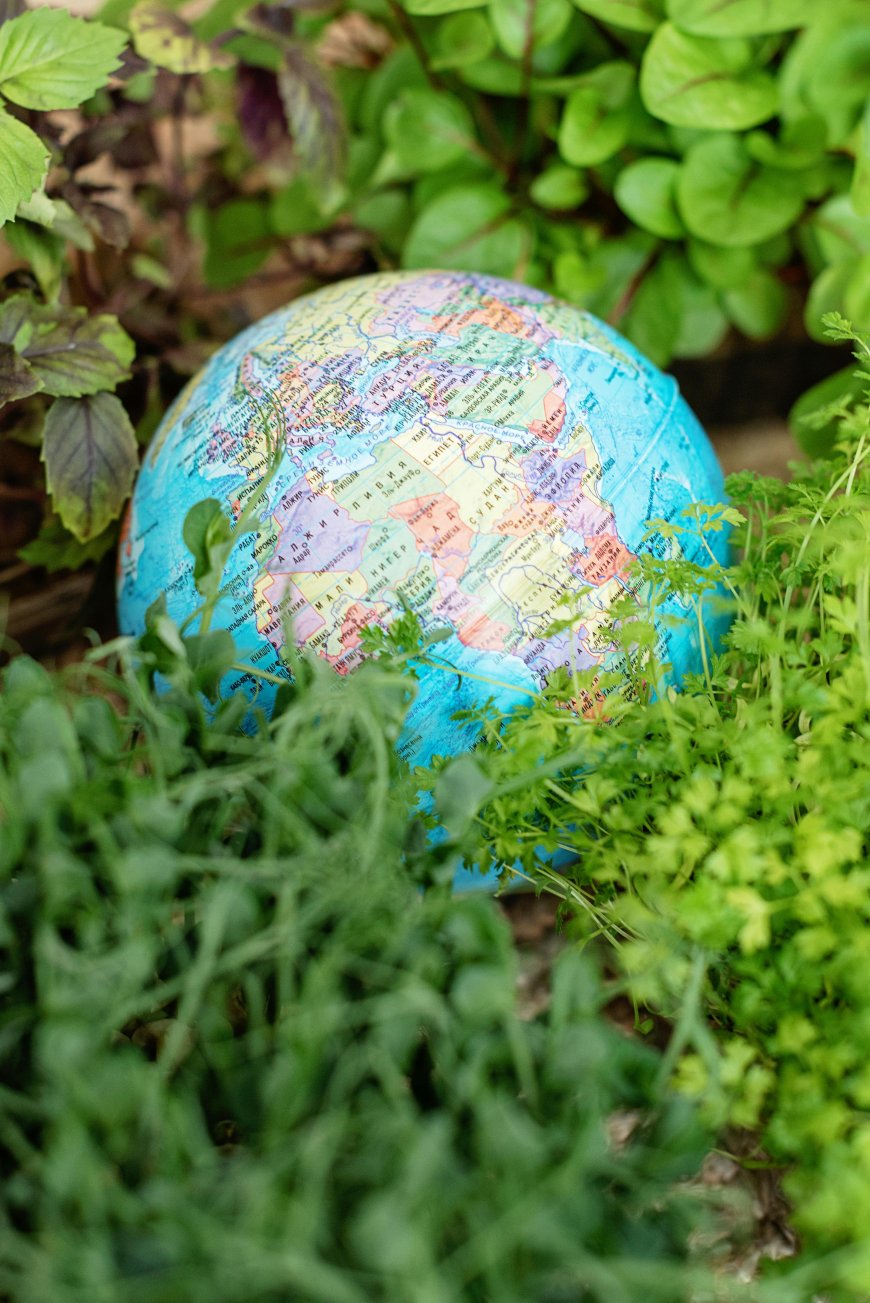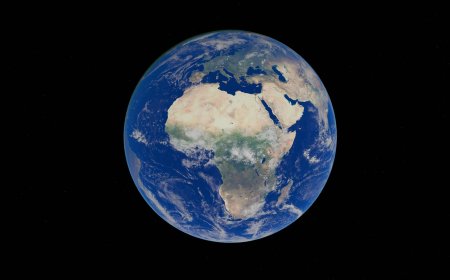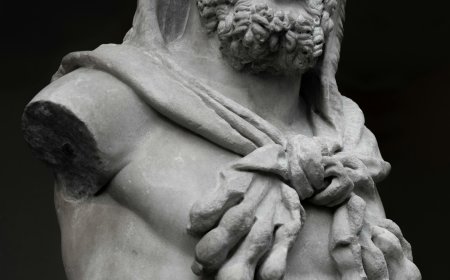Revolutionary Movements That Changed the World
Explore the most powerful revolutionary movements that reshaped nations, societies, and history forever.

Revolutionary movements have always been the heartbeat of history. They erupt when people demand justice, freedom, or equality—shaking the foundations of society and challenging the status quo. From city streets filled with protest chants to battlefields where the oppressed stood against empires, revolutions have rewritten the destiny of nations.
Some were violent uprisings, others peaceful protests, but all left behind legacies that continue to shape our modern world. Let’s explore the most significant revolutionary movements that changed the course of history.
The American Revolution: Birth of a Nation
Few movements have inspired more than the American Revolution (1775–1783). Sparked by resentment against British taxation and colonial control, it became a war for independence that gave birth to the United States.
The Declaration of Independence in 1776, penned by Thomas Jefferson, was not only a statement of freedom but also a manifesto for democratic ideals. The success of the revolution inspired countless others around the globe to rise against oppression.
The French Revolution: Liberty, Equality, Fraternity
In 1789, the streets of Paris erupted with anger. The French Revolution began as ordinary citizens stormed the Bastille, demanding bread, justice, and rights. It was fueled by economic hardship, inequality, and resentment toward monarchy.
Though it descended into violence and the Reign of Terror, the revolution dismantled feudal structures and advanced the ideals of liberty, equality, and fraternity—principles that remain central to modern democracy.

The Haitian Revolution: The First Successful Slave Uprising
One of the most powerful yet often overlooked revolutions is the Haitian Revolution (1791–1804). Enslaved Africans, led by Toussaint Louverture, fought against French colonial rule and won independence.
Haiti became the first Black republic and the first nation to abolish slavery. Its victory sent shockwaves through colonial empires, inspiring enslaved people and freedom fighters across the Americas.
The Russian Revolution: A New World Order
The Russian Revolution of 1917 toppled centuries of czarist rule and replaced it with a communist government under the Bolsheviks, led by Vladimir Lenin.
It reshaped global politics, sparking the rise of the Soviet Union and influencing movements around the world. For some, it symbolized liberation and workers’ rights; for others, it was a warning of authoritarianism. Either way, its impact remains undeniable.
The Indian Independence Movement: The Power of Nonviolence
Not all revolutions required guns. The Indian independence movement, led by Mahatma Gandhi, proved that nonviolence could be revolutionary. Through boycotts, marches, and civil disobedience, Indians challenged nearly 200 years of British colonial rule.
In 1947, India achieved independence, inspiring global movements for decolonization and civil rights. Gandhi’s philosophy of peaceful resistance continues to influence leaders worldwide.
The Civil Rights Movement: Equality in America
In the mid-20th century, African Americans in the United States launched the Civil Rights Movement to end segregation and racial injustice.
With leaders like Martin Luther King Jr., Rosa Parks, and Malcolm X, the movement combined protests, speeches, and legal battles to transform society. The Civil Rights Act of 1964 and Voting Rights Act of 1965 became landmark victories for equality.
This movement didn’t just change America—it sparked global conversations about human rights and justice.
The Arab Spring: A Digital Revolution
In 2010, a wave of uprisings known as the Arab Spring swept across the Middle East and North Africa. Sparked by protests in Tunisia, it spread through social media, toppling long-standing dictatorships and demanding reforms.
Though outcomes varied, the Arab Spring showed the power of digital tools in mobilizing mass movements. It was a reminder that revolutions evolve with technology, but their roots remain the same: the demand for dignity, freedom, and opportunity.
Storytelling Spotlight: Standing in Tahrir Square
During the Egyptian revolution of 2011, Cairo’s Tahrir Square became the beating heart of hope. Millions gathered with chants for justice and banners of freedom, braving violence and uncertainty.
For many Egyptians, standing shoulder-to-shoulder in that square felt like reclaiming their voice after decades of silence. Even years later, the memory of Tahrir remains a symbol of people’s power to challenge authority.

Why Revolutionary Movements Matter
Revolutions matter because they:
- Challenge injustice – They push back against oppression.
- Shape nations – Many modern states were born from revolution.
- Inspire change – They encourage others to stand for rights.
- Preserve hope – They remind us that collective action can transform society.
Without revolutions, many freedoms we enjoy today would not exist.
Conclusion: The Fire That Never Dies
From the storming of the Bastille to the digital protests of the Arab Spring, revolutionary movements prove one truth: people will always rise when dignity, freedom, and equality are denied.
Each uprising leaves behind a legacy—sometimes messy, sometimes incomplete—but always significant. Revolutions are not just history; they are the fire that drives humanity forward.
FAQs
Q1: What was the first major revolution in modern history?
The American Revolution (1775–1783) is often considered the first modern revolution.
Q2: Which revolution ended slavery?
The Haitian Revolution abolished slavery and established Haiti as the first Black republic.
Q3: Were all revolutions violent?
No. Movements like Gandhi’s Indian independence struggle used nonviolence effectively.
Q4: What sparked the Arab Spring?
It began in Tunisia after the self-immolation of Mohamed Bouazizi, a street vendor protesting injustice.
Q5: Do revolutions still happen today?
Yes. Movements for democracy, equality, and climate justice continue globally.
আপনার প্রতিক্রিয়া কী?
 পছন্দ
0
পছন্দ
0
 অপছন্দ
0
অপছন্দ
0
 ভালোবাসা
0
ভালোবাসা
0
 মজার
0
মজার
0
 রাগান্বিত
0
রাগান্বিত
0
 দুঃখজনক
0
দুঃখজনক
0
 বাহ
0
বাহ
0


























































